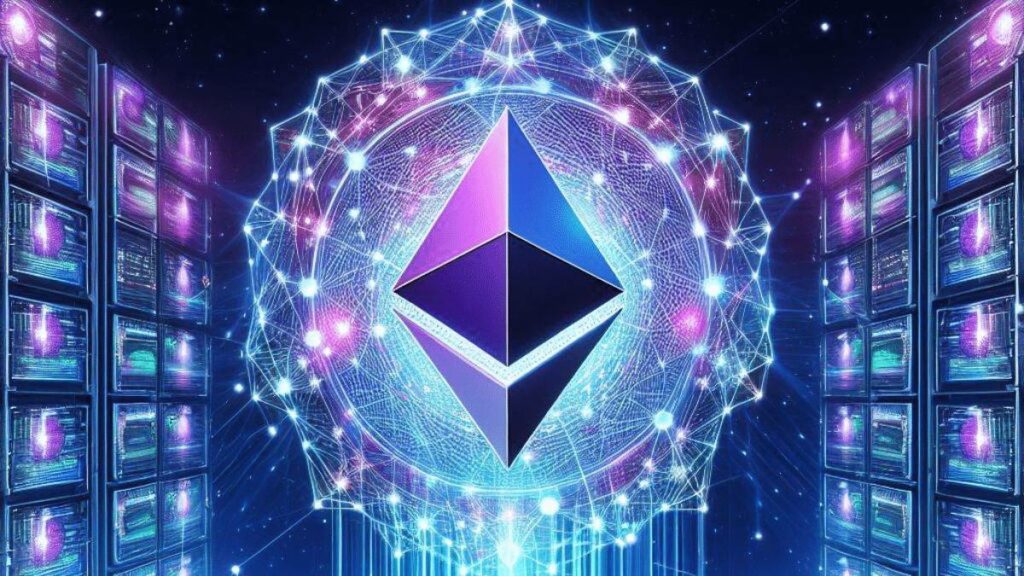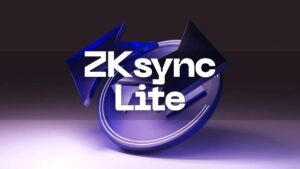TL;DR
- Ethereum’s Pectra upgrade will be the largest in the network’s history.
- Significant improvements will be included such as EIP-7702 and EIP-7594 for rollup scalability.
- The update is planned for the first quarter of 2025.
The Ethereum network is preparing for its next major update, called Pectra, which promises to be the most extensive and ambitious in the history of the platform.
This update will include a series of Ethereum Improvement Proposals (EIPs) that seek to optimize various areas of the system, from account functionality to consensus efficiency.
Pectra, the next Ethereum network upgrade, is shaping up to be the biggest in Ethereum's history!
The confirmed EIPs include:
– EIP-7702 (replaces EIP-3074/account abstraction)
– EIP-7594 / PeerDAS (huge upgrade for rollup scalability)
– EIP-7251 / MaxEB (stake more than 32…— sassal.eth/acc 🦇🔊 (@sassal0x) June 7, 2024
Among the most notable EIPs is EIP-7702, proposed by Vitalik Buterin, which will allow Ethereum account addresses to temporarily function as smart contract wallets during transactions.
This functionality will be restored to its original state after the transaction, providing greater flexibility and operational capacity to traditional accounts.
Another significant proposal is EIP-7594, known as PeerDAS, which represents a great advance for the scalability of rollups.
This improvement is crucial to optimize the efficiency and performance of second layer solutions, which are essential to handle the growing volume of transactions on the Ethereum network.
The Pectra update will also include EIP-7251, which will increase the maximum effective balance for individual validators, allowing them to stake more than 32 ETH, with a new maximum limit of 2,048 ETH.
This change is designed to simplify operations by allowing fewer validators with higher stakes, which could reduce complexity and improve system efficiency.
Additionally, EIPs related to the Ethereum Virtual Machine Object Format (EOF) will be introduced, as detailed in EIP-7692.
The EOF will provide improved code validation and new features through an optional wrapper for EVM code.
While this functionality will not be included in the first version of the development network, its implementation is a crucial part of Pectra’s overall plan.
Another important component is EIP-2537, which adds pre-compilations of BLS (Boneh-Lynn-Shacham) signatures, essential to improve the efficiency of cryptographic operations on the network.
Likewise, EIP-7549 will focus on reducing consensus overhead, making the process more efficient and less costly.
Pectra’s Goal: Improve User Experience
The Pectra update not only seeks to introduce new functionality, but also improve the overall user experience on the Ethereum network.
This is especially relevant following the success of the Dencun update in March 2023, which addressed issues related to transaction fees on layer 2 platforms.
One of the proposals under consideration is history expiration, which could be included in Pectra.
This feature would help better manage historical data storage, reducing the load on the network and improving its overall efficiency.
Ethereum core developers have expressed their ambition to release the Pectra upgrade in the first quarter of 2025.
This date is not final, as the implementation of so many significant improvements will require a coordinated and exhaustive effort to ensure that each component works seamlessly within the Ethereum ecosystem.
The Pectra upgrade represents a monumental step towards the future of Ethereum, with improvements that will not only increase the functionality and efficiency of the network, but also offer a more optimized and robust user experience.
The coming months will be crucial to watch how these proposals are developed and integrated into the network, paving the way towards a more scalable and functional Ethereum.











